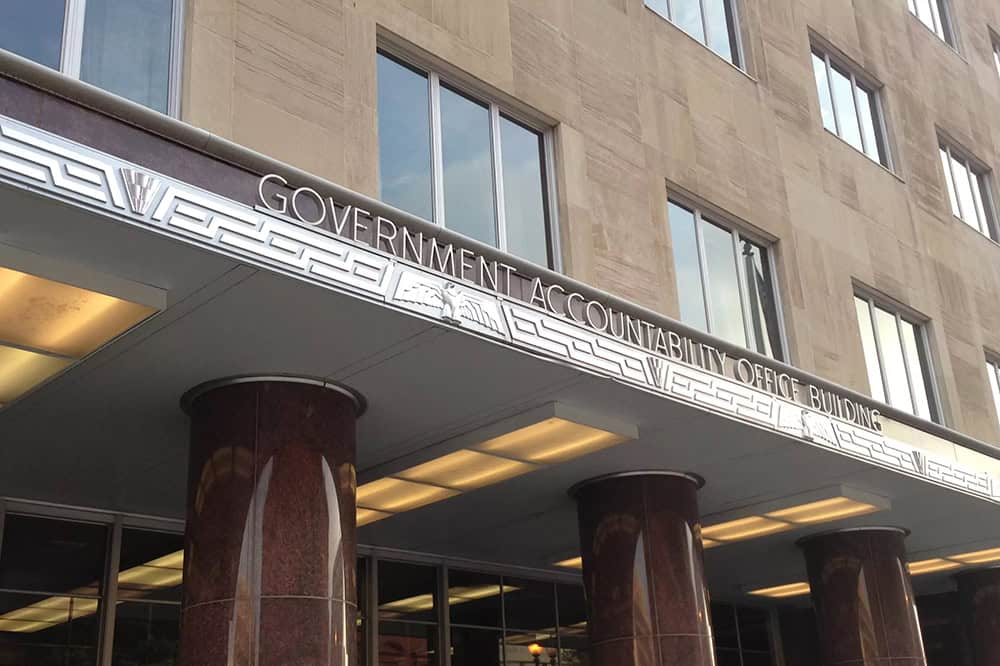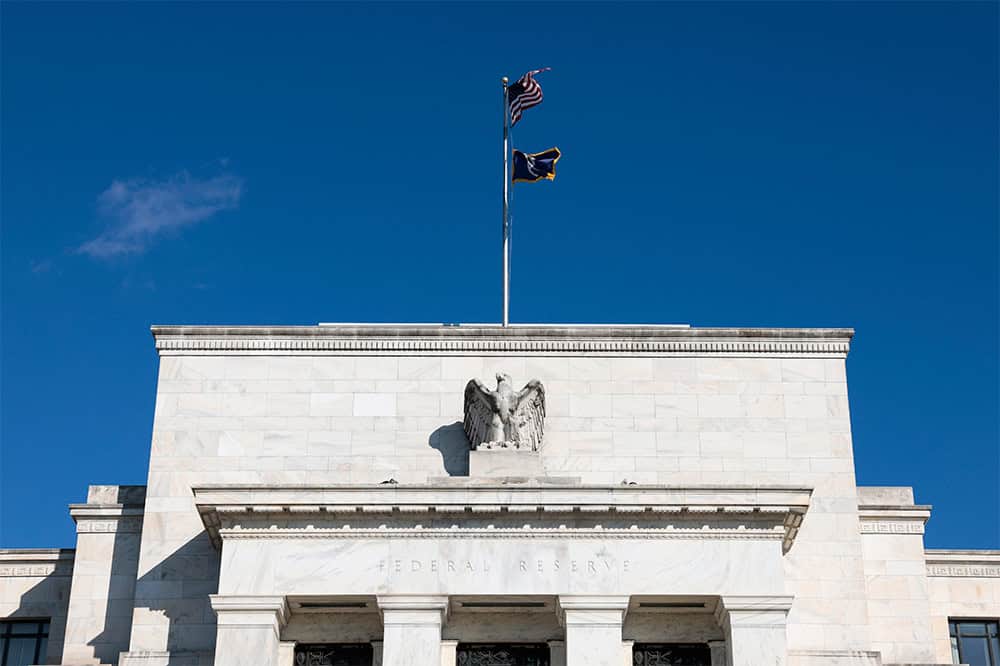Peterson Foundation Statement on U.S. Debt Reaching $20 Trillion

NEW YORK — Michael A. Peterson, President and CEO of the Peter G. Peterson Foundation, commented today on our nation surpassing the $20 trillion mark in outstanding debt, as noted in the Daily Treasury Statement released this afternoon.
“Surpassing $20 trillion in debt is the latest indicator of our nation’s dire fiscal condition. As a result of our inability to address our growing debt, we are now on pace to spend $6 trillion on interest alone over the next 10 years. That’s more than we will invest in our kids. So, in effect, we have decided to spend more on our past than on our future.
“Worse yet, America’s debt is projected to grow and compound rapidly in the years ahead. Our budget deficit is on track to exceed $1 trillion annually in just five years.
“The primary problem of our growing debt is that it harms the economy — hurting jobs, wages and our ability to invest in the future. If we want greater prosperity for our citizens, we must improve our fiscal outlook.
“We know the causes of our fiscal challenges, and the good news is that many solutions exist. In the coming months, Congress and the administration have a critical opportunity to enact fiscally responsible tax reform that grows the economy, not the debt. Lawmakers should work across party lines to deliver permanent tax reform that will promote growth and improve our dangerous fiscal outlook.”
Further Reading
How Much Can the Administration Really Save by Cutting Down on Improper Payments?
Cutting down on improper payments could increase program efficiency, bolster Americans’ confidence in their government, and safeguard taxpayer dollars.
What Is R Versus G and Why Does It Matter for the National Debt?
The combination of higher debt levels and elevated interest rates have increased the cost of federal borrowing, prompting economists to consider the sustainability of our fiscal trajectory.
High Interest Rates Left Their Mark on the Budget
When rates increase, borrowing costs rise; unfortunately, for the fiscal bottom line, that dynamic has been playing out over the past few years.


